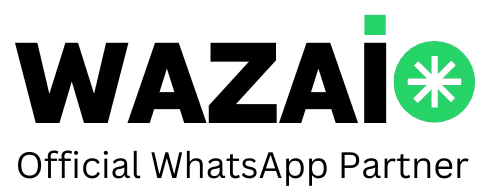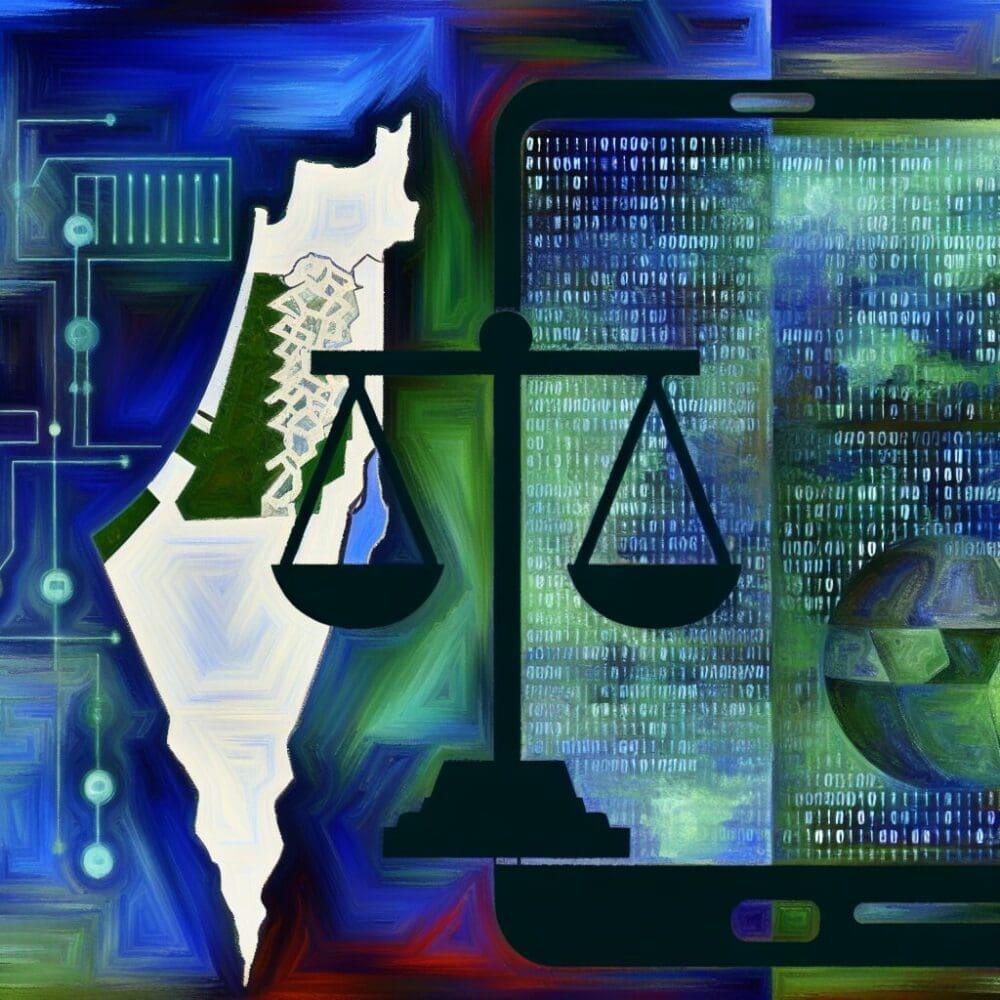“`html
Israel’s Influence in WhatsApp Spyware Case Raises Concerns: Amnesty International Analysis
The world of digital communication has transformed rapidly over the past few decades, offering unprecedented connectivity but also making privacy and security a significant concern. The recent revelations regarding Israel’s involvement in the WhatsApp spyware case, analyzed by Amnesty International, has brought to light worrying issues about cybersecurity, human rights, and international relations.
Background of the WhatsApp Spyware Case
In 2019, WhatsApp, a messaging platform used by billions globally, reported hacks exploiting its software vulnerabilities. This breach allowed the installation of spyware on the devices of specific users, targeting journalists, activists, and government officials. An infamous player in this digital disaster was the spyware known as NSO Group’s Pegasus.
NSO Group and Its Global Impact
The NSO Group, an Israeli-based technology firm, has been at the forefront of developing sophisticated spyware tools, with Pegasus being their flagship product. Its capability to infiltrate smartphones remotely and covertly raised red flags globally. The use of Pegasus has been attributed to leveraging unknown vulnerabilities in messaging apps like WhatsApp.
- Pervasive Surveillance: Pegasus can monitor conversations, location, email, and more.
- Unauthorized Use: Deployed against human rights defenders and political dissidents.
- International Outcry: Numerous countries have raised concerns about breaches of personal freedom.
The Role of Israel
At the center of the ire surrounding the misuse of Pegasus is the perceived lack of regulation from the Israeli government. Being home to the NSO Group, Israel is seen as having a stake in the tech company, even if indirectly. There are several layers to Israel’s influence and implications in this situation.
Regulatory Oversight
Israel’s licensing and oversight of cyber weapons have come under scrutiny. The nation’s policies in approving the export of such technologies are perceived as being lax, allowing the exploitation of these powerful tools.
- Licensing Procedures: Criticized for not ensuring adequate checks and balances.
- Export Controls: Calls for tighter restrictions and thorough reviews of end-users.
- International Obligations: Pressures on Israel to align with global standards on digital rights protection.
International Relations and Consequences
Beyond direct involvement, Israel’s oversight strategies in handling companies like NSO have affected its diplomatic relationships. The spyware concerns have resonated across different layers of international diplomacy:
- United Nations Reactions: UN experts have often condemned breaches into privacy through tech tools.
- Bilateral Strains: Countries whose nationals have been targeted are demanding accountability.
- Trade Implications: The tech export sector may experience impacts due to retaliatory measures from affected countries.
Amnesty International’s Standpoint
Amnesty International has been vocal in its demands for accountability and reform. The organization’s analysis paints a grim picture of what happens when technological advancements outpace regulatory mechanisms.
Key Advocacy Points
- Human Rights Violations: Surveillance without due legal framework is a violation of fundamental rights.
- Need for Transparency: Clarity on state agreements with companies producing digital surveillance tools is essential.
- Moratorium Call: A suggested freeze on exportation of spyware pending an international regulatory framework.
Steps Proposed by Amnesty
- International Cooperation: Urging collaboration to revise and implement comprehensive surveillance laws.
- National Inquiry: Proposing internal investigations by Israel into the export and use of spyware like Pegasus.
- Victim Assistance: Provision of legal and humanitarian support for individuals affected by spyware.
The Path Forward
With technology’s growth is the pressing need for innovative yet secure solutions. The Pegasus spyware scandal is a reminder of the risks that accompany digital tools and the resultant responsibilities resting on the shoulders of nations and firms alike.
Improvements in Global Digital Governance
As digital platforms evolve, so too must the legal frameworks governing their use. The following are critical areas needing attention:
- Unified Standards: Developing international agreements on the ethical use of digital surveillance technologies.
- Enhanced Legal Frameworks: Strengthening laws to protect individuals against unauthorized surveillance, ensuring privacy.
- Stakeholder Engagement: Encouraging dialogue among governments, tech companies, and civil society groups to foster transparency.
Conclusion
The revelations surrounding the use of WhatsApp spyware have opened vital discussions about privacy, freedom, and digital accountability. As analyzed by Amnesty International, Israel’s influence in this sphere is a microcosm of a larger issue facing global cybersecurity.
Efforts in addressing these concerns must be swift and cohesive, involving multilateral cooperation to protect individual rights while nurturing technological progress.
While spyware like Pegasus offers undeniable benefits in protective scenarios, unchecked deployment risks steering the world toward a surveillance state, where personal freedoms get compromised for perceived security. The need for vigilant stewardship over such powerful tools has never been more pressing.
“`



